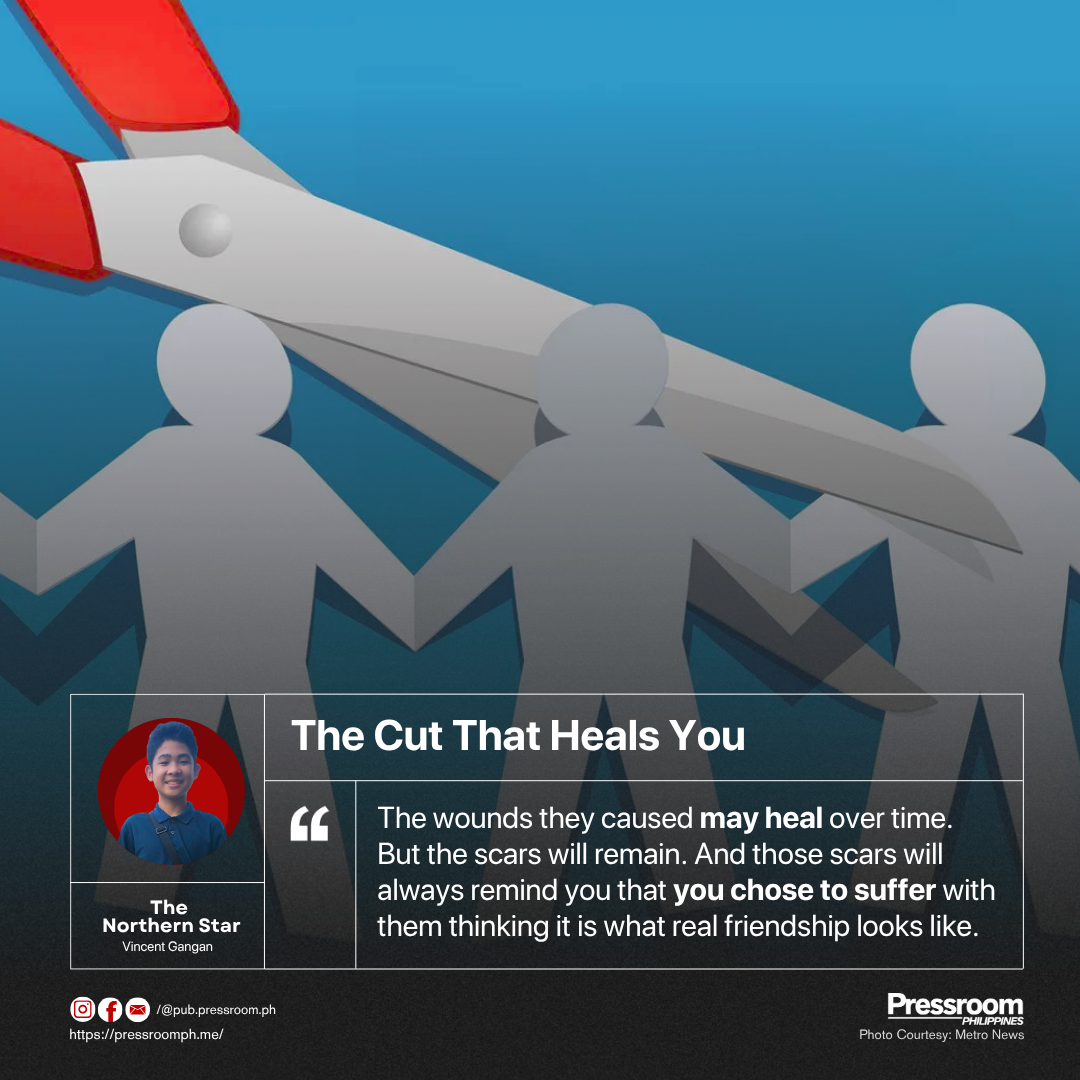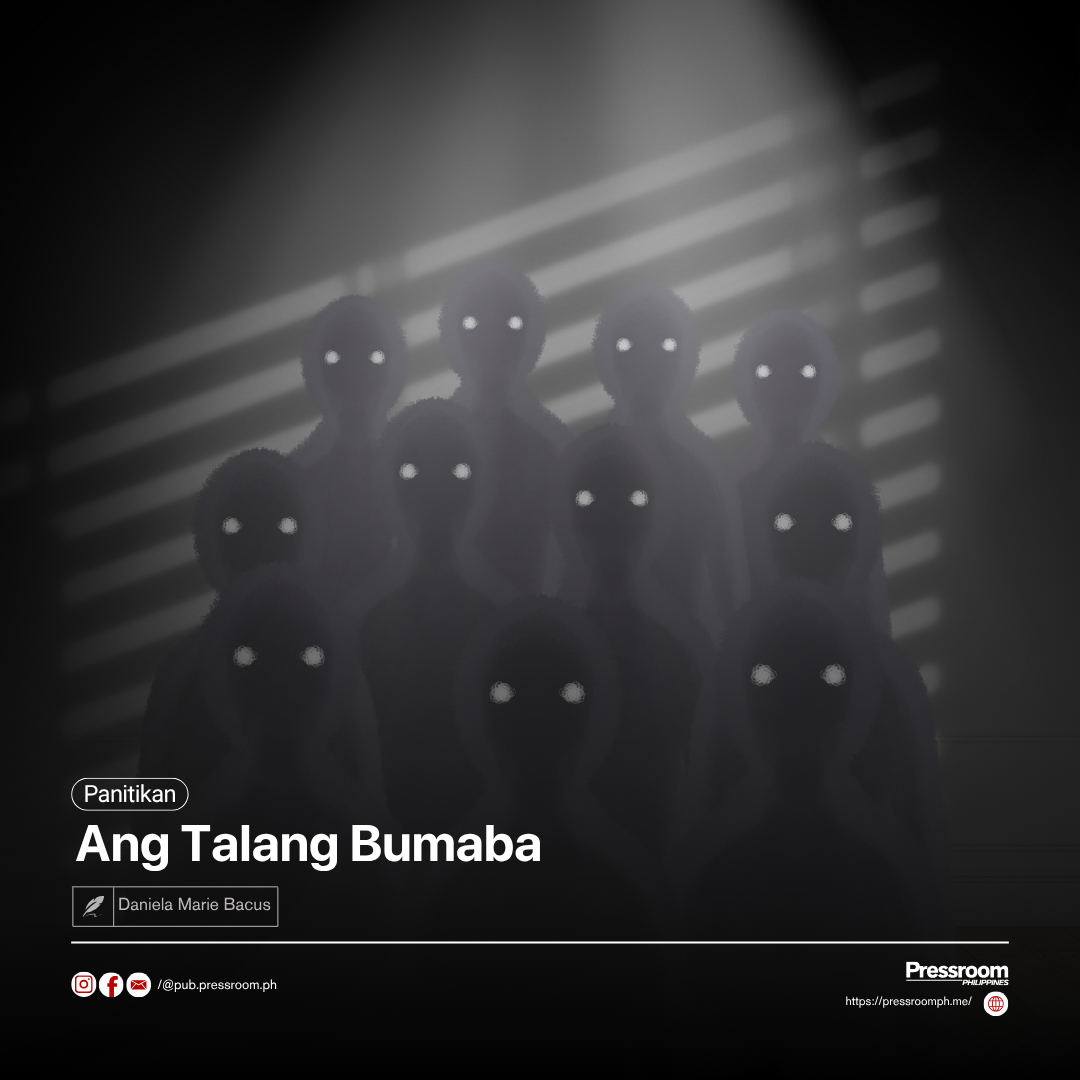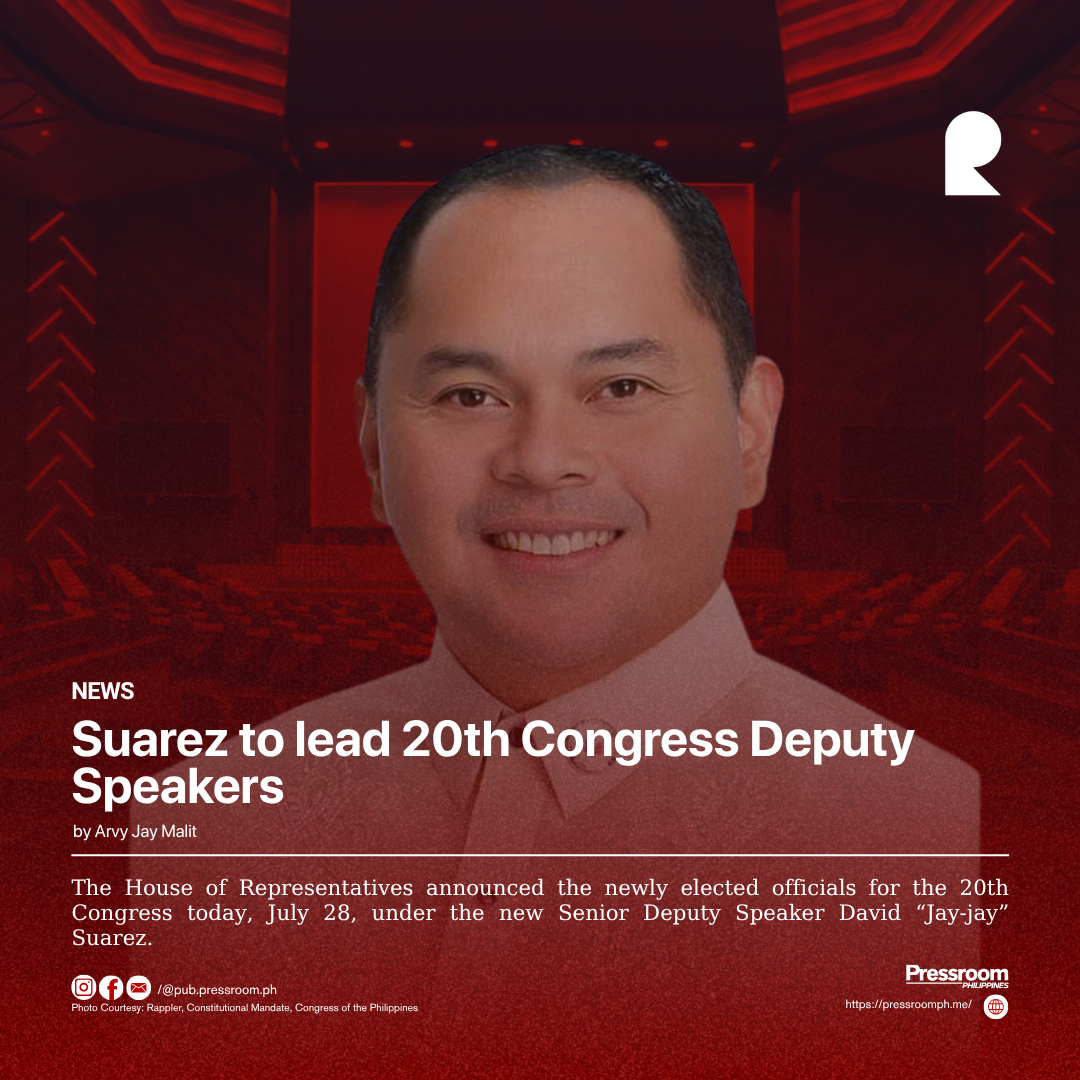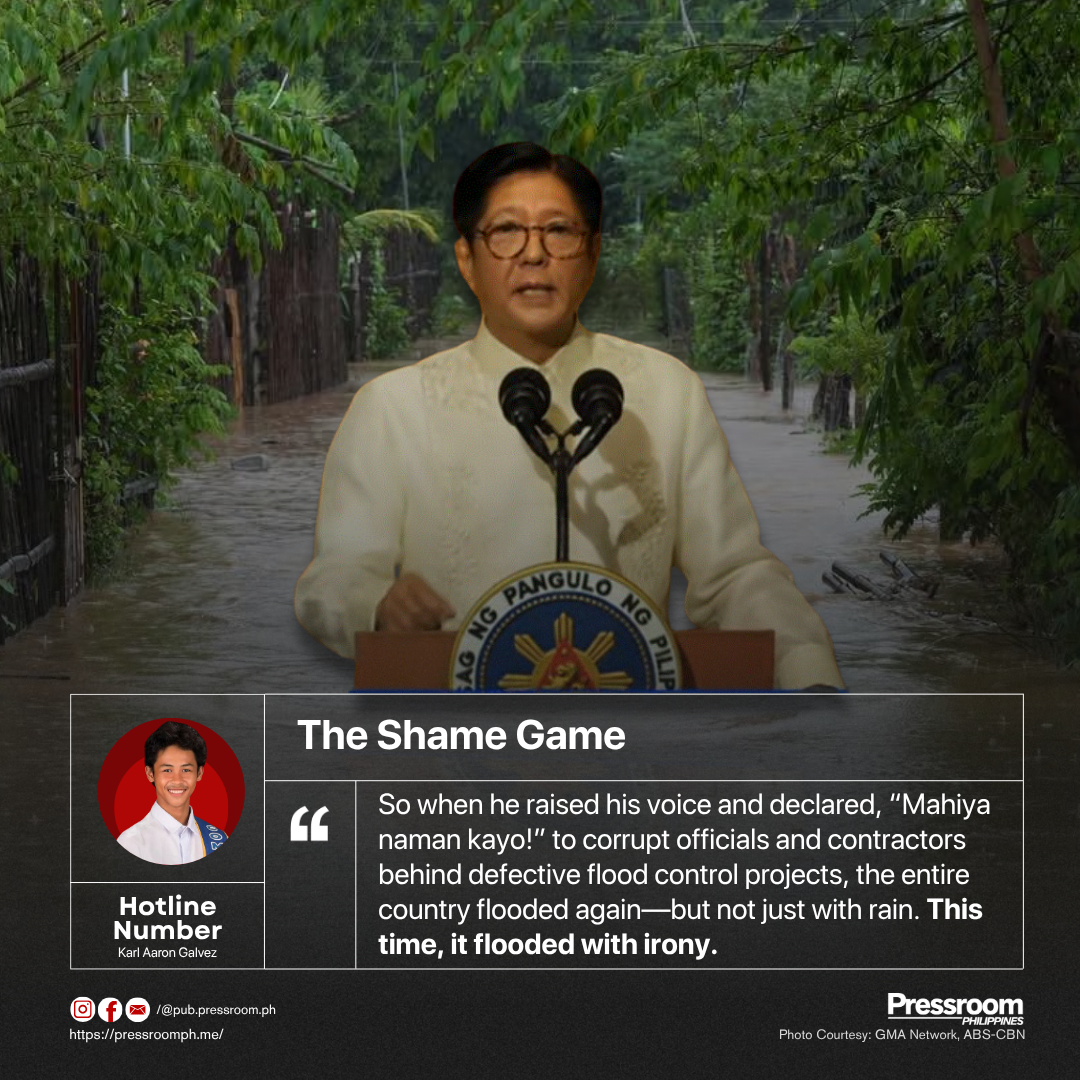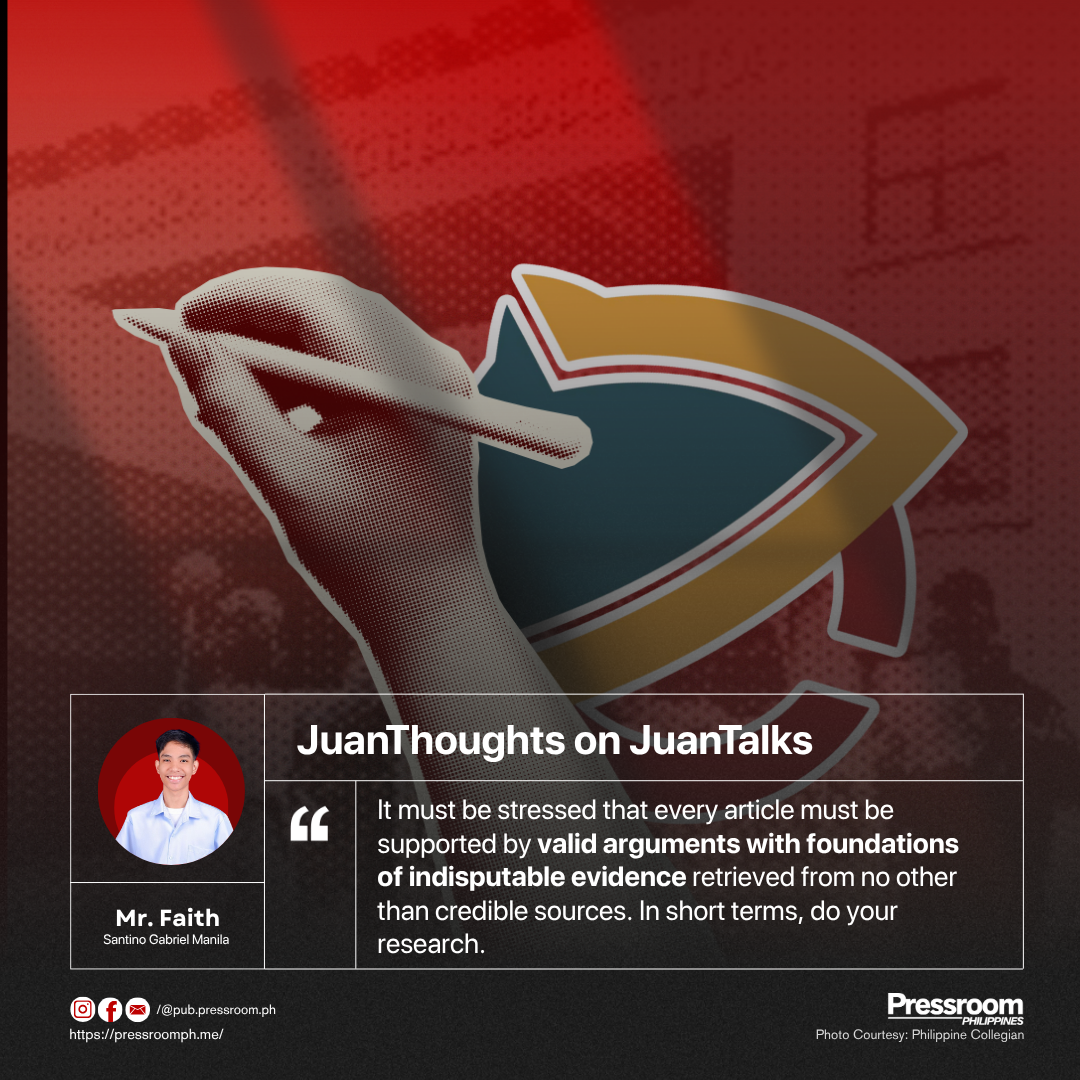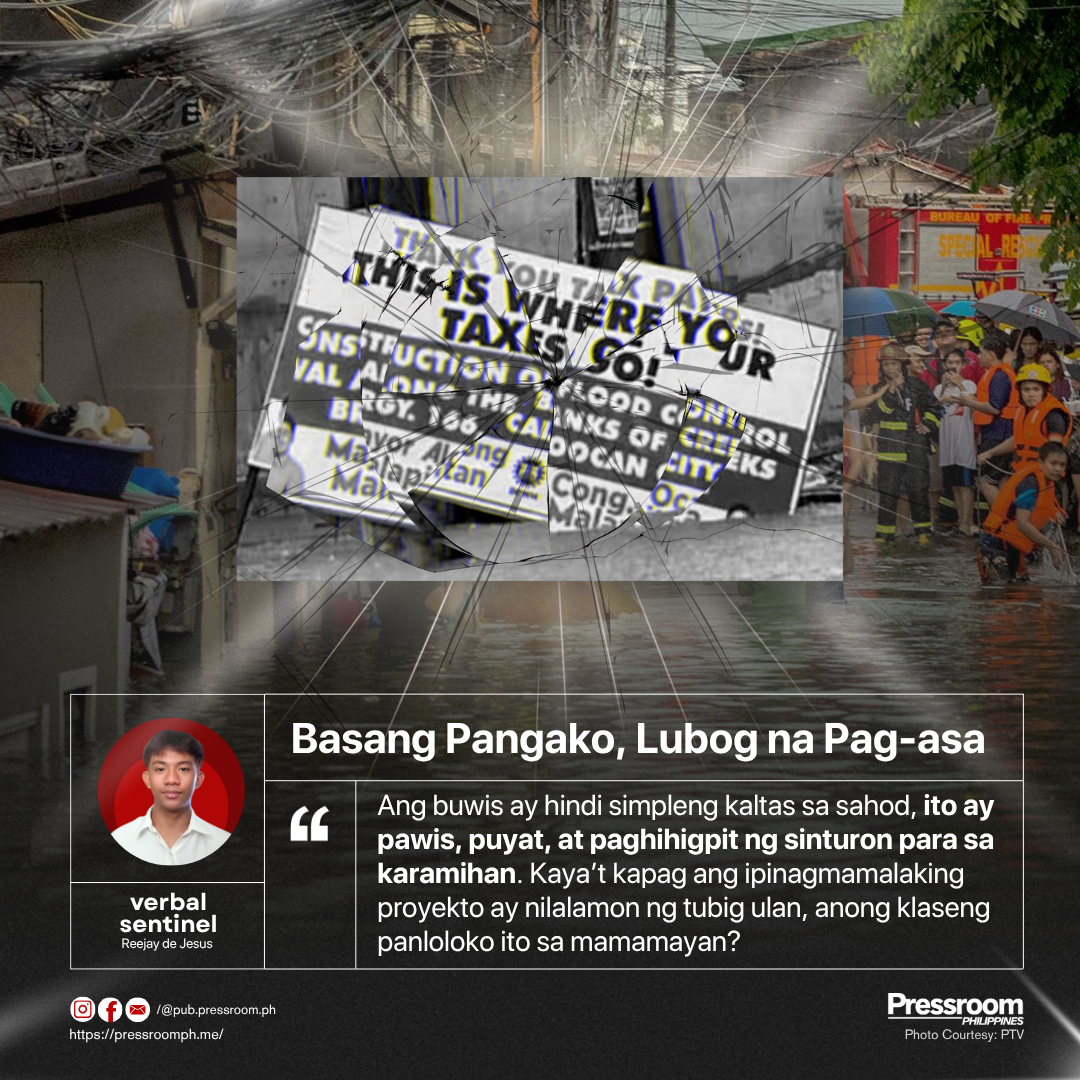There is a belief that every slash, every slice, and every cut you do will always end with you bleeding. But what if that same cut that makes you bleed results in you feeling better, happier, and livelier than ever?
They say cutting people off is cruel, heartless, even. That it's impulsive. Unforgiving. But have they ever bled quietly for years just to keep a friendship alive? Have they ever choked on their own silence just to keep the peace? Have they ever smiled in public while breaking down in private, all in the name of “being the bigger person”?
Cutting people off when they cross the line you've drawn is not a matter of “should I?” but a matter of “I must”. When their awful actions overshadow every heartfelt memory you both shared, that's the cue for you to leave.
Nostalgia isn't everything. Sure, the laughter, those selfies, and the nights you both binge watched shows on Netflix are unforgettable, but that doesn't mean you should just dwell on the past. Leaving may hurt but so does staying while you slowly get emotionally drained.
Toughen yourself up. Just because they said “Sorry” does not mean you should forgive. Especially when they seemingly never stop. Accepting forgiveness over and over again doesn't make you merciful nor friendly—it just makes you look like a pushover.
No one talks about how exhausting it is to keep choosing someone who never chooses you back in the same way. We always preach about healing, self-love, and boundaries, but when it's time to actually walk away, especially from someone we once called our best friend, we freeze. We hesitate. We convince ourselves that staying is the kinder option. That maybe if we loved them harder, they’d hurt us less.
The wounds they caused may heal over time. But the scars will remain. And those scars will always remind you that you chose to suffer with them thinking it is what real friendship looks like. Well, let me break your bubble: friendship does not look like that.
Allow me to say this out loud for the ones in the back: You do not owe loyalty to people who drain you.
Toxic best friend culture is real. It’s the type of friendship where gaslighting hides behind inside jokes. Where betrayal is brushed off as "normal" because you've known each other for years. Where they call you too sensitive when you express hurt. Where they mock your growth and call it "changing." Where they compete instead of support. Laugh at your dreams. Undermine your healing. And you let it slide. Because you continue to convince yourself that “That’s just how they are.” But when did toxicity become a personality?
We romanticize the “ride or die” friendship trope too much. As if holding on to someone who repeatedly disrespects you is some form of loyalty badge. It’s not. That’s emotional self-harm masked as attachment. We’re so scared of being alone that we settle for people who celebrate our weakness and feel threatened by our strength.
Yes, cutting people off hurts. But sometimes, silence is the loudest form of self-respect. It’s not bitterness, it’s closure. It’s choosing your peace over their patterns. It’s realizing that not all shared laughter equals safety. That not all history is worth preserving. And that you can grieve a friendship and still be grateful for the good parts without going back.
To those who say, “But you’ve been friends for so long…” Time doesn’t clean wounds. It only hides the infection. Forgiveness is noble, but repeated forgiveness for the same offense is self-betrayal. You’re not a saint for staying, you’re someone who forgot that love, even in friendships, should feel safe.
At the end, there will come a moment when you’ll finally stop rereading old conversations, stop waiting for apologies, and stop pretending that their presence is worth your peace. That moment? That’s the cut that heals you. It stings at first, yes—but it frees you. And when that freedom comes, you’ll look at your reflection and finally recognize yourself again. Because walking away does not signal weakness. It's the beginning of strength.
